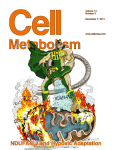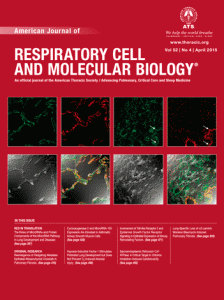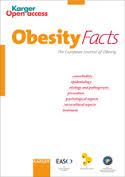
This is the second article in a series by John R. Thomas, Jr., a lawyer at Gentry Locke [Editor’s note, 3/26/19: He has since moved to Haley, Hafemann, Magee and Thomas] who represents whistleblowers in a variety of False Claims Act cases. In this installment, he writes about how whistleblowers can tell if they have a viable FCA case.
In my first article, I briefly outlined the role that the False Claims Act (FCA) can play in promoting scientific integrity and safeguarding public grant funding. This article will answer a more substantive and practical question that a potential whistleblower must consider: What constitutes a viable FCA case? Continue reading So you want to be a whistleblower? Part II








